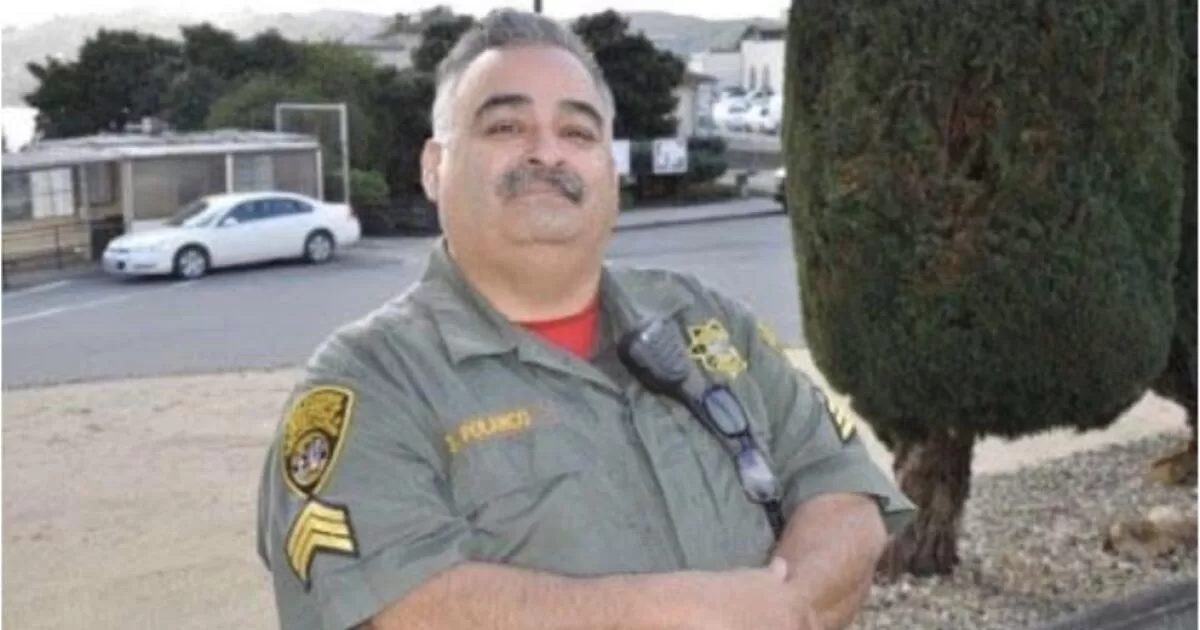The justices denied the appeals with no comment or dissent.
The transfer decision was later lambasted by state lawmakers as a “fiasco,” “abhorrent” and “the worst prison health screw-up in state history.”
The California Institution for Men in Chino had been hit hard by COVID-19. Nine of its inmates had died and about 600 were infected in May 2020.
San Quentin then had no known cases at that time. In an effort to prevent further harm at CIM, prison officials decided to move 122 inmates from Chino north to San Quentin.
Within days, San Quentin reported 25 COVID cases among the 122 new arrivals. Within three weeks, the virus spread to 499 others.
By early September, at least 2,100 inmates and 270 staff had tested positive.
The state now faces four major lawsuits from the families of those who died as well as from inmates and staff who were infected but survived.
Those lawsuits can proceed now that the federal courts in California and the Supreme Court have denied the state’s claim that prison officials had “qualified immunity” that shielded them from being sued.
“The state has had its due process all the way to the Supreme Court. They’re not getting off on a technicality,” Michael J. Haddad, the attorney for the families, said in response to the court’s order. “Now it’s time to face the facts. Prison administrators killed 29 people in what the 9th Circuit called a ‘textbook case’ of deliberate indifference.”
The defense of qualified immunity often shields police officers from lawsuits. The justices have said that police and other government officials may be sued for violating the constitutional rights of individuals, but only if they knowingly violated a “clearly established” right.
Courts have said that police officers frequently must make split-second decisions on whether, for example, a suspect being pursued has a gun. For that reason, the courts sometimes shield officers from being sued for an “unreasonable seizure” if an officer shoots a fleeing person based on the mistaken belief that the suspect was armed.
The pending prison cases are quite different, lawyers for the families said, because prison officials decided to make the transfers without taking the precautions that were understood as needed at the time.
Sgt. Gilbert Polanco, the guard who died, was 55 years old and had worked at San Quentin for more than two decades. He had multiple health conditions, including obesity, diabetes and hypertension, which put him at high risk if he were to contract COVID-19.
His duties during the pandemic included driving sick inmates to local hospitals, but lawyers said prison officials refused to provide him or the inmates with personal protective equipment.
In late June 2020, he contracted COVID-19, and after a lengthy hospital stay, he died in August.
In Polanco’s case, the lawsuit alleges he lost his life because of a “state-created danger.”
The U.S. 9th Circuit Court of Appeals said prison officials had affirmatively exposed Polanco to a danger he would not have faced otherwise and failed to take steps to protect him from the danger they had created.
The Supreme Court in the past had also ruled that prisoners have a right to be protected against “the unnecessary and wanton infliction of pain,” including as a result of “deliberate indifference to their serious medical needs.” Lawyers for the San Quentin inmates said prison officials can be held liable under that standard.
California state attorneys urged the Supreme Court to review and reverse the 9th Circuit decisions that rejected a qualified immunity defense for the prison officials.
“The facts of these cases are undeniably tragic,” they said. But in “the early months of the COVID-19 pandemic, when little was known about the disease and testing supplies were limited, the defendant officials attempted to protect the lives of scores of vulnerable inmates who were confined in a prison where the virus was rampant.”
With the benefit of hindsight, they agreed their actions may be judged as mistaken, but “no clearly established law placed them on notice that their alleged mismanagement of the COVID-19 pandemic at San Quentin prison was unconstitutional.”
